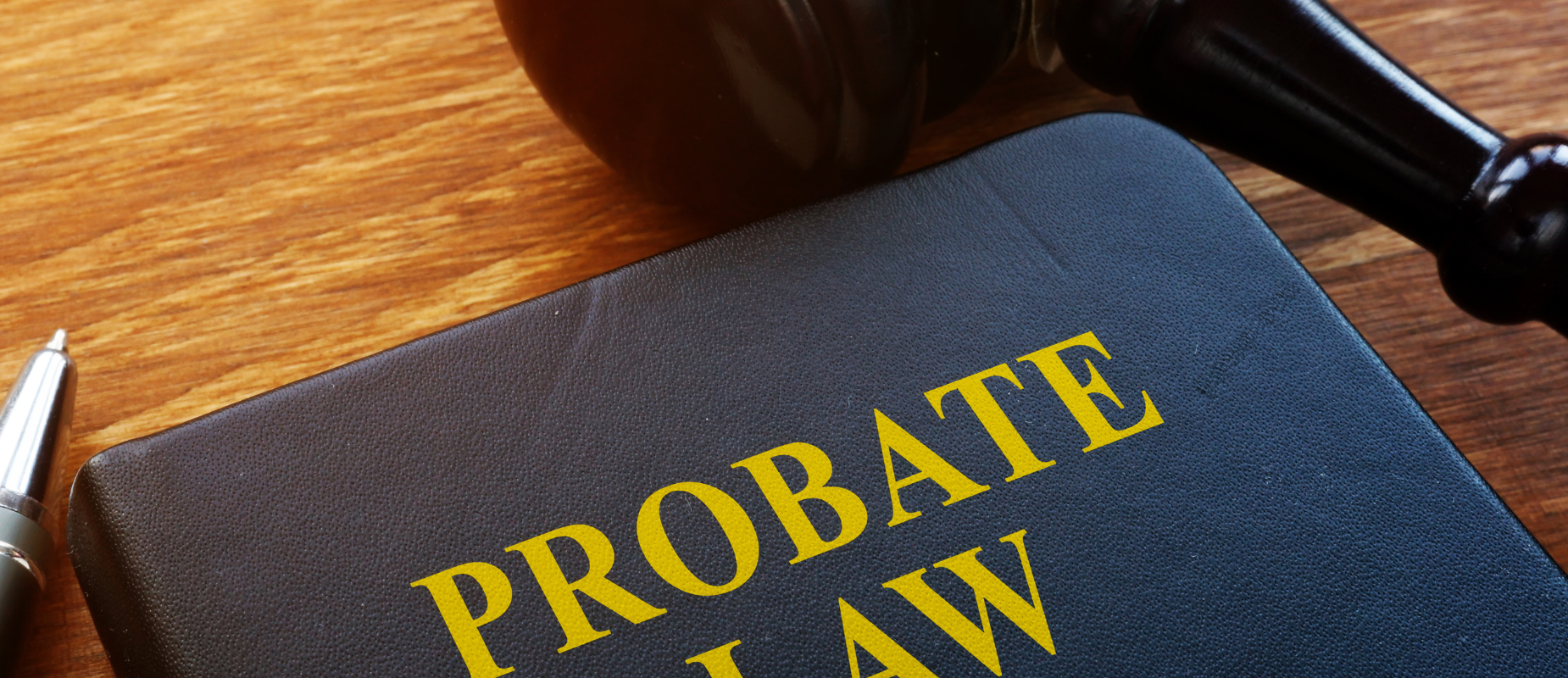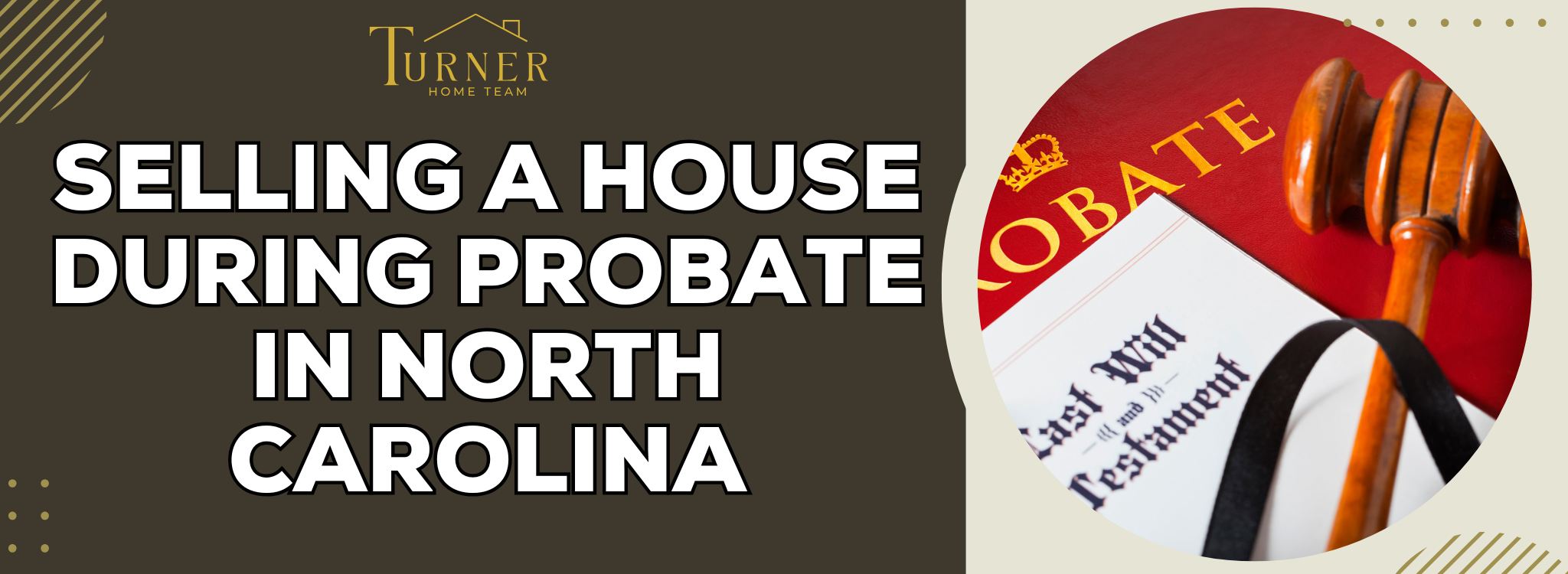
What to Know Before Selling a Probate Property

Legal Obligations and Responsibilities
What Are the Duties of an Executor in North Carolina
In North Carolina, an executor is responsible for managing a deceased individual’s estate and ensuring compliance with the probate system to close it properly. This involves taking an inventory of the estate, clearing all the liabilities, and distributing what’s left to the beneficiaries as per the will or according to intestate succession. Executors also tackle probate-related paperwork and possibly appearances in probate court. Understanding these roles and preparing to execute them will reduce concerns from a legal angle.
How Do North Carolina Probate Laws Affect the Sale?
In North Carolina, the sale of probate property is governed by very precise laws. Depending on the situation, the executor of the estate may need to obtain court approval for the sale as part of the multi-step process. In addition, the executor is responsible for making sure the sale adheres to the North Carolina estate and probate law regarding the protection of heirs and creditors. Given the complications surrounding probate real estate transactions, it is best to obtain professional assistance regarding the legal issues.
How is the Estate’s Property appraised during Probate?
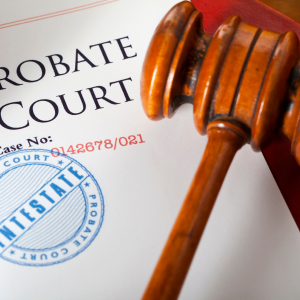
Assessing Property Value for Probate Sales
In the North Carolina probate real estate process, estate property valuation is part of the process. Any qualified appraiser will analyze the property’s condition, location, and nearby comparable sales to determine fair market value. This is to ensure that the estate property is sold fairly and not to exploit potential buyers. This will also assist the estate executors to distribute the estate in a timely efficient manner.
What are the factors that drive the Valuation of Probate Properties in NC?
In the North Carolina probate real estate market, there is more than one factors to assess the value of probate properties. Most importantly the economic condition of the real estate market, property location, physical condition of the property, and property location i.e. geography. Executors need to understand market economic trends to determine a house probate value in NC.
For more information or assistance regarding selling probate properties, feel free to contact the Turner Home Team.
Managing the Probate Sale Process

In North Carolina, there are specific actions that need to be taken to manage the estate sale process. Executors are crucial since they have a role to manage the estate of the deceased person. This means they settle the estate’s debts, manage the other bills, and prepare the house for sale. The North Carolina estate court will oversee all of these steps to ensure they are done properly.
In North Carolina, the probate real property transaction can be complex because of the responsibilities that come with estate settlement, particularly if the estate includes a lot of debt. Executors are under significant pressure since mistakes in estate administration can lead to personal liability for the estate’s debts. Understanding and keeping abreast of local probate laws and regulations will help mitigate the risks when dealing with real property and creditor claims of the estate.
Selecting the Right Real Estate Professional
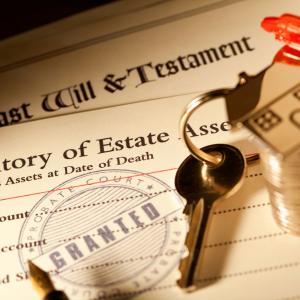
Selling properties requires a seasoned real estate professional. During a probate sale, the estate professional’s expertise makes a difference. Since he understands local market trends, he can identify the needs of each probate real estate buyer across North Carolina.
When choosing a real estate professional, be sure they can gauge and deal with relevant experience complications–especially with NC probate house markets. Market understanding helps in the seamless experience. It is best to get referrals and check comparable transactions to confirm the professional’s history to get the best possible match.
Dealing with Heirs and Beneficiaries

Keeping the ties between heirs and beneficiaries in check during probate can be difficult. Communicating clearly helps set expectations and deal with inheritance problems. Knowing the North Carolina divorce rules is crucial, especially when the probate court needs things done.
A lawyer with experience in probate can give you help. They help people determine what will mean and meet all legal obligations. Effective estate planning can help avoid arguments and make the transfer of assets go more smoothly. Hiring a lawyer early on can help everyone save time and stress.
Understanding the Probate Market Dynamics in North Carolina
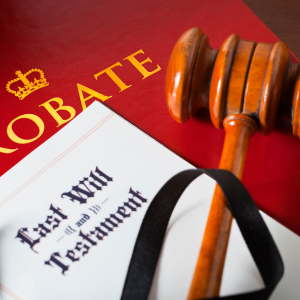
Current Trends in the Probate Real Estate Market
Managing relationships with heirs and beneficiaries during probate is frustrating. Advance and direct conversations helps, mitigating most of the conflict the frustration that is sure to arise around the problem of inheritance. In most situations, when it comes to NC divorce law, the probate court will be the final decider.
Preparing the House for Sale
In North Carolina, preparing for the sale of a probate house entails many different tasks which you must complete.
- Property Appraisal: Get a professional appraisal to determine the property’s current market value.
- Home Inspection: Hire experienced home inspectors to spot any repairs or issues before selling the home.
- Selecting Real Estate Professionals: Choose skilled real estate professionals specializing in probate sales for a smooth transaction.
- Legal Assistance: Consult with a house sale probate attorney in NC to know the legal responsibilities involved.
Using property appraisers and real estate professionals is crucial to following probate home sale guidelines. Proper preparation can help you get a better sale price and speed up the process, benefiting everyone involved.

Tax Implications of Selling Probate Property
If you’re selling probate property in North Carolina, here’s what you need to understand:
- Tax Exemptions: Identify if the sale of probate property is subject to any tax exemptions.
- Capital Gains Tax: Determine if you will be subject to capital gains tax selling inherited property in NC.
- NC Estate and Probate Law: Understand the probate estate sale laws and regulations in NC to prevent legal issues.
- Executor Responsibilities: Estate closure will need to be done with care to the taxes and inheritance to prevent penalties.
There are tasks related to closure of the estate that the executor will have to carry out, and by that time, their knowledge of the law must be solid.
The Turner Home Team will answer your questions and help you with probate real estate in North Carolina. Our team offers you professional guidance and assists you with the probate process in a reliable way.
Legal and Financial Considerations
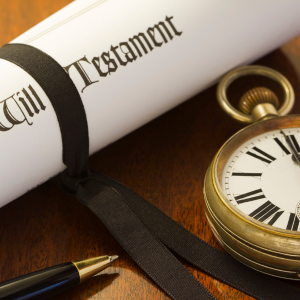
Navigating Probate Court Procedures
In North Carolina, you still have to learn specific processes involving Probate Court. When a person dies leaving a will, the Probate Court ensures that the deceased property will be distributed as stipulated in the will. Should there be no will, state law will dictate how the deceased’s property will be distributed. These processes involve
- Filing a Petition:This starts the probate process and requests estate management approval from the court.
- Notification of Heirs and Creditors: This occurs after the petition approval and, as stipulated in law, the heirs and creditors must be notified so that they can claim against the estate.
- Inventory and Appraisal: This accounts for and assesses every property held by the decedent.
- Estate Administration: This includes estate distribution and debt settlement which is done by an executor or personal representative of the estate governed by probate law.
- Probate Sale Procedure: Property can be sold and the proceeds will be distributed among the beneficiaries or settlement of the estate debts.
Understanding these procedures can help individuals prepare for the complexities of estate administration.

Securing Financing and Offers
In real estate transactions involving probate property, securing financing and making suitable offers are crucial. Key points include:
- Cash Offers: Cash offers can be beneficial in probate situations due to faster closings. They streamline the sale process and offer sellers certainty.
- Financing Options: Buyers should explore various financing options, especially with probate property. Consider traditional loans or partnerships with real estate investors.
- Real Estate Investor Insights: Investors often see probate properties as opportunities to purchase efficiently and add value. Understanding their perspective can aid in negotiating favorable terms.
- NC Inheritance Property Sale: Selling inherited property in North Carolina includes legal considerations, particularly regarding tax implications and compliance with state laws.
These strategies can assist in effectively managing the financial aspects of selling probate property.
Handling Issues of Title and Ownership
Addressing title issues and ownership documentation is key to transferring property ownership during an estate sale. Resolving these concerns ensures smooth transactions under NC estate and probate law.
- Title Resolution: Title issues might occur if there are disputes or unclear documents about property ownership. A title company or attorney can help resolve these issues.
- Ownership Transfer Documentation: Proper documentation is necessary to transfer property ownership, including deeds and affidavits legally.
- Estate Sale Legalities: Knowing the legal framework around estate sales, especially under North Carolina law, can prevent potential legal problems.
By focusing on these areas, those involved in estate administration can handle title and ownership transfers smoothly.
Turner Home Team provides expert guidance on the probate process. Contact us today for assistance with estate administration and property sales.
This information applies to North Carolina and its cities, including Fayetteville, Charlotte, Greensboro, Winston-Salem, Raleigh-Durham, Jacksonville NC, and throughout North Carolina. For more details, please contact us at (252) 525-4780 or visit our website at Turner Home Team.

